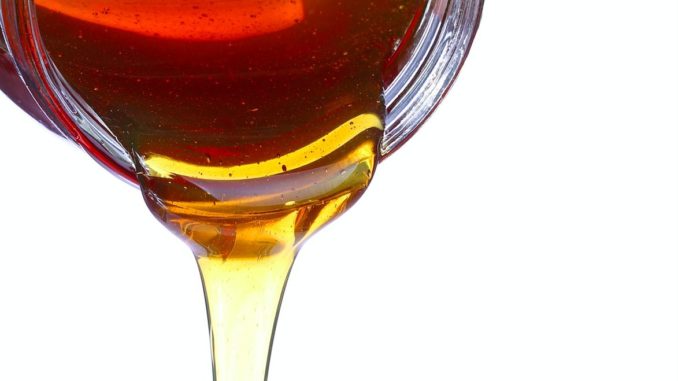
CBC Distillate Oil (>90% purity and 0.0% THC) and cGMP-Processed is Now Available as a Bulk Ingredient or Add-in to CBD Extracts from Colorado-based PPM for Consumer Branded Products Companies Making Innovative, Effective and Distinctive Health and Wellness Products
DENVER, Aug. 27, 2019 /PRNewswire/ — Cannabichromene (CBC) continues to be studied for a number of possible therapeutic and pharmacological applications. Leading consumer products companies have wanted to create products with a consistent, quantified CBC potency but to date have been unable to access its healing qualities from a consistent and reliable cGMP processor because most commercially-grown hemp yields such low concentrations.
CBC acts on the body’s endocannabinoid system, specifically the CB1 and CB2 receptors, as well as the TRPV1 and TRPA1 receptors, thereby contributing to multiple therapeutic attributes in part by inhibiting the absorption of anandamide (the “bliss molecule”) which is an endocannabinoid produced by the body. As with all cannabinoids and hemp phytocompounds, more clinical studies are needed to establish their medicinal properties.
To date, CBC has shown promise in studies for the treatment of a variety of disease states and ongoing research continues to understand its various applications: anti-inflammatory, antinocieptive (pain reduction associated with nerve damage), relief from depression type symptoms, analgesic, neuroprotective, antibacterial and antifungal agent, and with possible use for the reduction of migraines, acne and GI disorders. CBC is non-intoxicating and non-addictive. It is not scheduled by the Convention on Psychotropic Substances.
CBC is purported to be a significant contributor to the “entourage effect” which is known as the synergistic interaction, whether by enhancing or mitigating one another’s therapeutic properties, of multiple bioactive phytochemicals in a particular hemp chemovar including, cannabinoids, terpenoids, flavonoids, polyphenols, and other naturally occurring molecules.
Cannabichromene (CBC) is a phytocannabinoid in hemp that often expresses in the second highest concentration after CBD. The CBC molecule is structurally similar to CBD and shares the same chemical formula of C21H30O2 but with a distinctive atomic structure. CBC exists in the plant in its acidic form, CBCA which over time or when decarboxylated by heating produces CBC. In turn, CBC degrades into Cannabicyclol (CBL) or Cannabicitran (CBT).
As a trusted supply chain partner to leading consumer products companies and their contract manufacturers, PPM can be relied upon for industry-leading QA/QC and science-driven proprietary processes that ensure the consistency of its CBC Distillate Oil and other cannabinoid-based products.
The hemp plant’s family tree of cannabinoid offspring and the plant’s inner workings during its life cycle reveal all we need to know to improve human health with plants. Phytosynthesis shows how plant-based products can have consistent profiles of rare minor cannabinoids to improve their efficacy. Cannamimetics™ is essentially the science and application of the phytosynthesis pathways that have evolved in Mother Nature. A Cannamimetics White Paper is available on PPM’s website, www.precisionplantmolecules.com.
PPM’s family of “minor” cannabinoid-based products for wholesale customers, includes PPM’s the first reliably available hemp-derived CBN Distillate (>70% purity; 0.0% THC) from a cGMP processor of hemp and CBG isolate and distillate.
PPM scientists are currently working on proprietary techniques to process, isolate, and purify the varin (THCV and CBDV) and acidic versions of cannabinoids recognized to have therapeutic properties.
Every day, every team member at PPM is inspired by the possibilities of plant-based medicine and remedies, and Mother Nature’s genius.
“For thousands of years, the only drugs available were drugs from plants” once quipped Dr. Raphael Mechoulam, considered a living legend for his brilliant and pioneering scientific cannabinoid discoveries including the discovery of CBC in 1966.
SOURCE Precision Plant Molecules

Leave a Reply